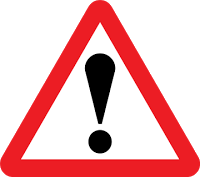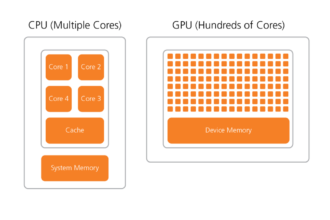 The most common way to describe a person’s level of consciousness is called the Glasgow Coma Scale. It is the most common way to describe the level of consciousness in an individual who has suffered a brain injury. Medical professionals use the scale to help others understand the level of the injury.
The most common way to describe a person’s level of consciousness is called the Glasgow Coma Scale. It is the most common way to describe the level of consciousness in an individual who has suffered a brain injury. Medical professionals use the scale to help others understand the level of the injury.
 The most common way to describe a person’s level of consciousness is called the Glasgow Coma Scale. It is the most common way to describe the level of consciousness in an individual who has suffered a brain injury. Medical professionals use the scale to help others understand the level of the injury. The GCS measures the following human functions:
The most common way to describe a person’s level of consciousness is called the Glasgow Coma Scale. It is the most common way to describe the level of consciousness in an individual who has suffered a brain injury. Medical professionals use the scale to help others understand the level of the injury. The GCS measures the following human functions:
Eye Opening (E)
- 4 = spontaneous
- 3 = voice
- 2 = pain
- 1 = none
Verbal Response (V)
- 5= normal conversation
- 4= disoriented conversation
- 3= words, but not coherent
- 2= no words, only sounds
- 1= none
Motor Response (M)
- 6= normal
- 5= localized to pain
- 4= withdraws to pain
- 3= decorticate posture (rigid posture, clenched fists, legs out, arms bent in and fingers held to chest)
- 2= decerebrate (rigid posture, legs and arms extended, neck and head arched back)
- 1= none
Medical staff uses this scale to rate each category and create a final GCS score, which is the sum of the numbers. Then the scale below is used:
- Severe brain injury: GCS 3-8
- Moderate brain injury: GCS 9-12
- Mild brain injury: GCS 13-15
How Accurate Is the Glascow Coma Scale?
The scale is based on the subjective observations of the medical staff but is, on the whole, consistent. However, certain situations or circumstances may give an inaccurate GCS number. If a patient is under the influence of drugs or alcohol or has cognitive delays, the GCS number may not be an accurate representation of the severity of the injury. If a patient is younger, a separate pediatric GCS scale is used due to children having difficulty with language.
For more information about brain injury, join the Trymunity community today. We are all here to support each other and spread useful information and resources.
The post What’s the Glascow Coma Scale? appeared first on TryMunity.








_9_1-250x220.jpg)